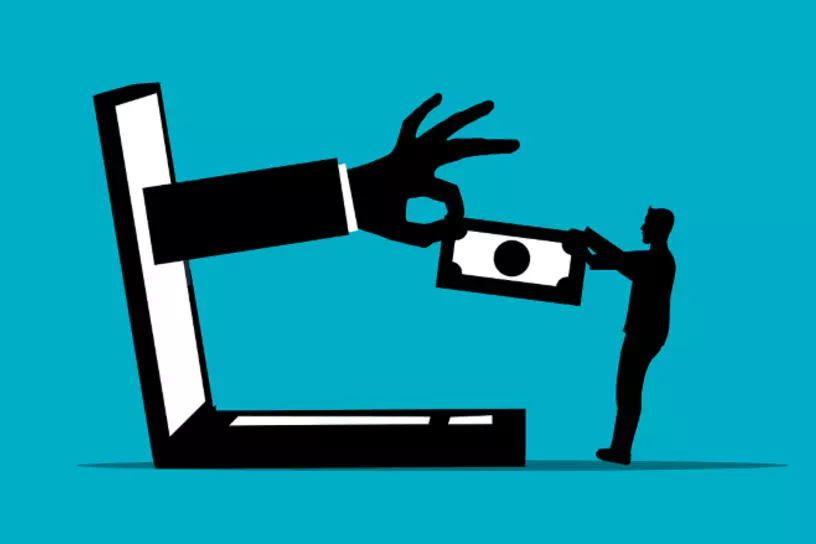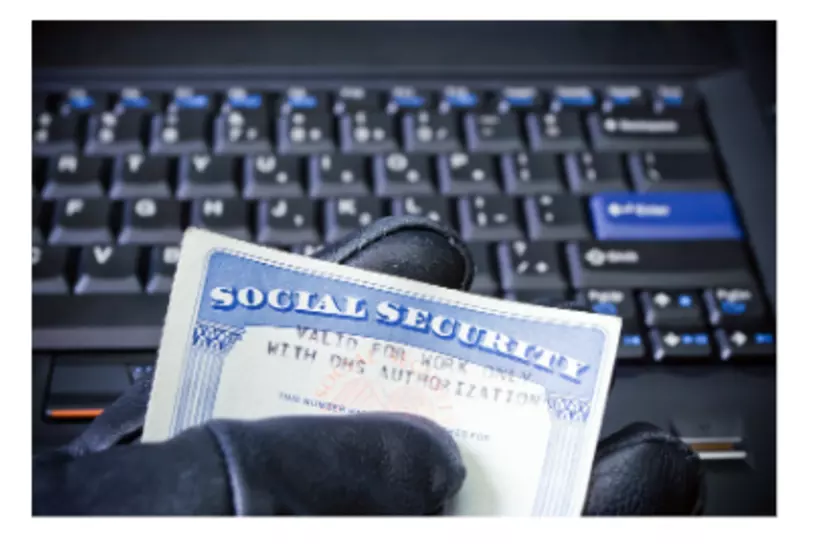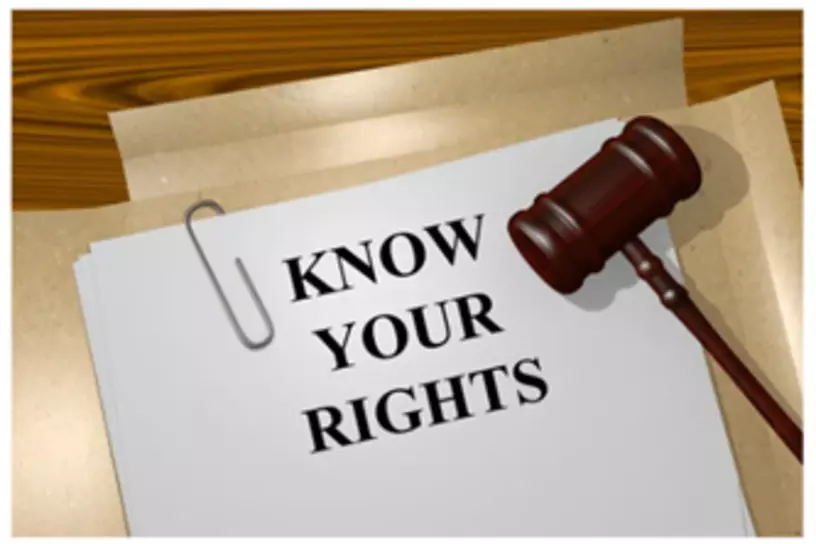Consumer protection
Looking to protect yourself from fraud, identity theft, and scams? Wondering about the best way to improve your credit, shop for a used car, or how to keep your kids safe online?
The County Privacy Office has information for you during National Consumer Protection Week (NCPW) — March 3-9 — and any time of the year. NCPW is a time when government agencies, consumer protection groups, and organizations like the County Privacy Office work together to share information about consumer rights and help people learn to spot, report, and avoid scams.
The County Privacy Office will showcase awareness pieces on fraud and how to prevent it.
Go visit Consumer Advice | Federal Trade Commission (ftc.gov) to learn how to get free consumer education materials — including advice in a dozen languages — and read the latest from consumer protection experts.

Fraud is costing $$$
The FTC report states that people lost $10 billion to scams in 2023. That's $1 billion more than in 2022 and the highest ever in reported losses to the FTC.

Deep fakes
As Deepfake and AI technology grow more advanced, scammers may try to trick you via text, phone call, or even video call. Here are a few tips to keep yourself & loved ones safe from any impersonation scams.

Money transfer hacks
A growing scheme is taking advantage of home buyers by posing as agents and soliciting fraudulent down payments.

Artificial intelligence frauds
75% of Social Security recipients are unaware of Artificial Intelligence-powered fraud schemes targeting them, and 1 in 5 respondents weren’t confident in their ability to recognize AI-driven Social Security scams.

Are online, third-party targeting cookies being phased out?
Before the Generative AI Boom, giant social media companies relied on third-party cookies to support the Targeted Ad Industry. Google’s move will create shockwaves for consumer data privacy.

Know your digital consumer rights!
Learn about your digital consumer rights and empower yourself to take control of your online experiences.
Consumer privacy tips
Tips on how to stay safe.
The COVID-19 (Coronavirus) pandemic is creating opportunities for scammers to take advantage of people. Read a description of some of the techniques scammers use and ways to avoid becoming a victim.
- NEW--> FOX News: Can China Hack Cars? https://www.foxnews.com/video/6333082274112
- NY Post: your car is spying on you https://nypost.com/2023/07/03/your-car-might-be-making-personal-info-vulnerable-to-hackers/
- WIRED: How Your New Car Tracks You https://www.wired.com/story/car-data-privacy-toyota-honda-ford/
- NEW--> New website helps you learn what's being shared by your car https://www.fox26houston.com/news/your-car-is-spying-on-you-but-a-new-website-helps-you-learn-whats-being-shared
- Privacy4Cars secures fourth patent https://www.prnewswire.com/news-releases/privacy4cars-secures-fourth-patent-to-remove-privacy-information-from-vehicles-and-create-compliance-logs-301675841.html?tc=eml_cleartime
- Canada Remarketers face wave of privacy regulations https://www.autoremarketing.com/arcanada/commentary-new-wave-privacy-regulations-set-crash-down-auto-remarketing-industry-canada
- Buying a used car? The previous owner may still be able to access app, control it remotely https://fox23maine.com/news/i-team/buying-a-used-car-the-previous-owner-may-still-be-able-to-access-app-control-it-remotely
The Privacy Office had developed a resource explaining ways that data aggregators and others make information about individuals online, and some of the methods and services you can use to reduce the amount of that information.
After the Experian data breach impacted many Americans, the FTC ordered the big three credit reporting agencies to make credit freezing and unfreezing free to consumers. This is the perhaps the single most important thing you can do to protect yourself from identify theft. Make sure to freeze your children's credit, too, as they are 51 times more likely to experience identity theft as adults. More info: FTC Credit Freeze FAQs
It's convenient to use the auto-connect or wi-fi wakeup feature on cellphones, tables, and laptops to connect to known or saved networks. However, it is important to turn off auto connect or auto discover for all networks. A very common technique is for hackers to set up dummy wi-fi terminals in public places and collect information from unknowing consumers. Once connected to their network, hackers can easily scan all information sent from your device. More info: Lifewire - How to Avoid Automatic Connection to Open Wi-Fi Networks
This seems intuitive, but many mobile device users never enable a password because the device is always in their possession. That's fine until they accidentally leave it somewhere or it gets stolen. This is an easy fix to implement. More info: Lifewire: - What is a Lock Screen?
It's so easy to fall into the trap of using something like "password123" on every website and device, especially since passwords are required for nearly every activity online these days. Don't get lazy about passwords. Re-purposed passwords account for many data breaches, so consumers should use passphrases instead of passwords, be careful not to re-use passwords, and consider use of a password manager. More info: Krebs on Security - Password Do's and Don'ts
Many consumers use WiFi enabled baby monitors, thermostats, doorbells, and security cameras; but police are observing situations locally where hackers are using unsecured WiFi or connected devices to capture private information and use it to clean out bank accounts. For example, if an internal home security camera is compromised, thieves can see the passwords entered on banking websites. Use a VPN, make your network undiscoverable, and investigate access settings on all connected devices. More info: IoT Evolution - How to Secure Smart Home Devices in 5 Steps
Social media allows us to express ourselves online, and also contains settings that impact the collection and use of personal information by social media companies. While social media provides many avenues for beneficial information sharing, the information we post about ourselves and others on social media can also include details that others can use to cause harm. For example, posting the dates of an upcoming vacation could alert potential burglars to a vulnerable home. Additionally, many social media companies provide settings that can control location tracking, information storage, and other controls that affect privacy. Where possible, take some time to review these settings and ensure that they align with the expectations you have when utilizing social media. For more information, see Univ. Michigan - Protecting Your Social Privacy.
Our Privacy Champions Group meets monthly to discuss current Privacy topics, issues, and concerns. Each month we focus on different subject areas - please feel free to review our past presentations, listed below.